How parties plan to drive TT economy forward
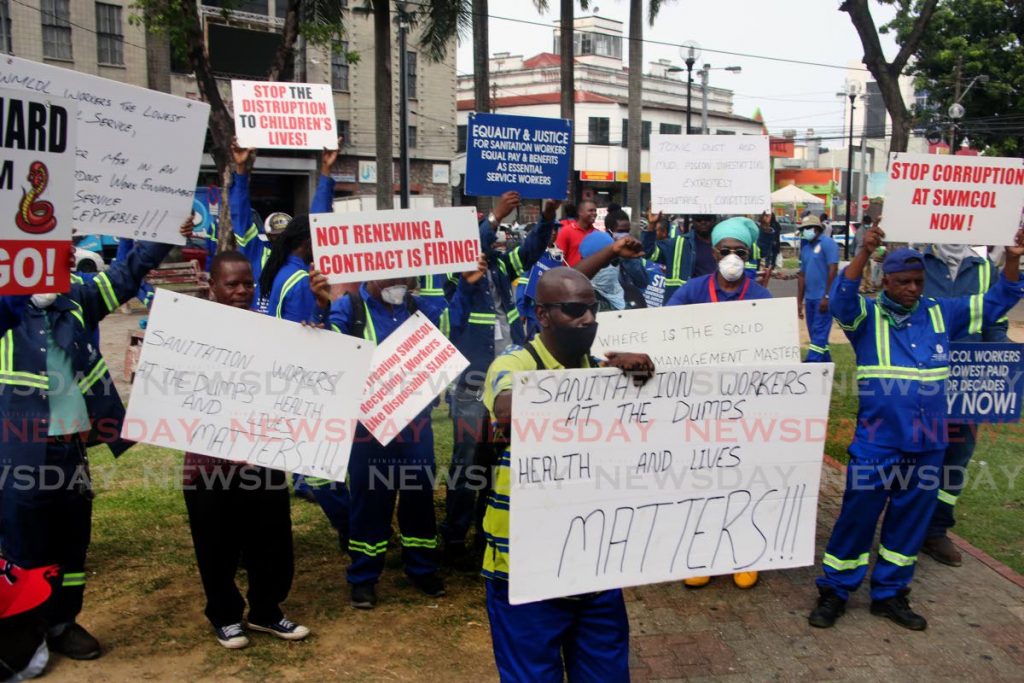
The PNM and UNC, the two political parties which are likely to form the next government after August 10, seemed to have missed the point about what is really needed to develop TT in the face of the ongoing covid19 pandemic, volatile energy prices and other economic challenges. The other political parties contesting the election are offering the population nothing in terms of concrete ideas for national development
This was the opinion of former PNM government minister Mariano Browne. In an interview with Business Day on Monday, Browne said the UNC’S manifesto laid out “very specific and measurable targets but no really clear statements of how they intend to achieve them.” On the other hand, he said, the PNM has set up broad, high-level goals, which are general statements of intent. Some of these statements by the PNM are repetitions from its last (2015) manifesto, with no explanation of where they have reached in terms of its implementation or why they haven’t done so, he added.
In terms of presentation, Browne said the PNM wins the prize because its manifesto “is nice and glossy.” But, “In reality, both of them ( PNM and UNC manifestoes) have some serious deficiencies in terms of moving forward.” Focusing on the PNM, Browne said one has to ask, how goals will be achieved. “At this stage of the game, we don’t know the level of unemployment. We have no idea how far the economy has declined.”
Noting TT’s natural gas production may have declined by as much as ten per cent, Browne argued that “invariably, the economy declines by a similar figure.” He said the question is how to re-dynamise the energy sector, given that it is facing international challenges. Observing the UNC manifesto spoke about achieving $1 billion in revenue annually, Browne said, “The moral of the story is that the foreign direct investment bubble is now subject to questions.”
Even if a company invests $1 million in the energy sector, Browne said, “The question is not how much money is spent in the energy sector but how much of it accrues to TT. That requires very specific policy changes and also implementation capacity being built.” Browne said neither the PNM nor UNC manifestoes speak about this: the PNM and UNC appear to be hoping the economic proposals outlined in their manifestoes will have “enabling decisions to put it into position.”
On the PNM’s proposal for the creation of a technology ministry, Browne said such a ministry “is not going to make the government transform any faster.” He added that the single electronic window (SEW) created under the trade and industry minister under the former Patrick Manning administration “is a substantial change in the way that government does business. Browne said the SEW should be “extended across government” to improve other online services.
He said the PNM and UNC manifestoes are “full of high-sounding objectives” but both parties missed the real issue: getting government to work and getting government to work efficiently. Asked if any of the other parties offered any sound economic proposals to help TT, should any of their candidates be elected to Parliament, Browne said bluntly, “No.” This is a two-horse race, he said, and the other parties are along for the ride. They will make for noise and political theatre but none of the other parties contesting the election will be able to do anything to improve how the government works. The lesson to be learnt from this election, he said, is that citizens must be far more vigilant and demanding of their government.
Performance analysis needed
UWI economist Dr Marlene Attzs said the PNM is trying to continue on what it deems as the way forward “on a particular economic trajectory,” while the UNC is trying “to get a mandate from the people to take over the economic reins in TT.” Attzs said the UNC appears to be looking at the failure of the sitting government to properly manage the economy of TT. Stressing the importance of context, Attzs said there must be an examination of TT’s economy from 2014-2015 (under the UNC-led coalition government) when oil revenues plummeted by about $10 billion to recent times when even more energy revenue was lost as a result of the price war between Russia and Saudi Arabia and exacerbated by covid19.
The PNM, she said, is saying notwithstanding what it met when it assumed office in 2015 and the challenge of covid19, it has managed to keep the country afloat.” She said the PNM seems to be capitalising on its management of the pandemic which “is worthy of mention.” In moving forward, she noted the PNM has identified a couple of things in terms of areas that they want to focus on – including some areas identified by the Roadmap to Recovery team, formed to develop strategies to help TT during and after the pandemic. Attzs said she liked the way the UNC laid out what it will do in its first 90 days (such as repealing property tax legislation, removal of other taxes), and then its macroeconomic strategy. She noted the UNC’s comment on working with the Central Bank to “transition to a more balanced exchange rate.”
“Some economists, myself included, have long suggested that our rate needs to be adjusted to reflect our economic reality. That statement by the UNC suggests that there will in fact be serious considerations to a re-balancing of the exchange rate by way of a depreciation.” Attzs also noted the PNM and UNC were both discussing the allocations of foreign exchange to different groups in TT.
On the UNC’s proposal to remove the seven per cent online tax, Attzs said that tax has been “a significant revenue generator” for Finance Minister Colm Imbert. “One of the questions that I have around the UNC’s macroeconomic policy, if and when they assume government on the night of August 10, when we remove all of these taxes, how is it going to affect fiscal revenue?” Especially, she noted, since TT has lost a significant stream of income from the energy sector and it doesn’t look like oil and gas prices are going to rebound any time soon.
Attzs asked when moves are made to further reduce revenue to the Government by either removal of taxes or downward adjustment of taxes, “from whence cometh the money to manage the economic affairs of TT?” While the UNC seems to have a more transparent budget, Attzs said, “We have heard this all before.” Under the current system in TT, Attzs said the budget is only known when the finance minister presents it in Parliament. She said she would welcome a more transparent budget process at some time in the near future.
On the UNC’s proposal to return to the sugar industry, Attzs said she understood “the sweet spot” the party has for that industry but wondered, in the context of how TT needs to develop “whether a return to the sugar industry at this time is in the best interests of the country.” She said the PNM’s manifesto has a welcome conversation around a more technologically advanced approach to boost the agricultural sector in TT. The challenge, though, remains to generate interest in agriculture amongst young people to move the sector as a real sustainable form of economic diversification for TT, she said.
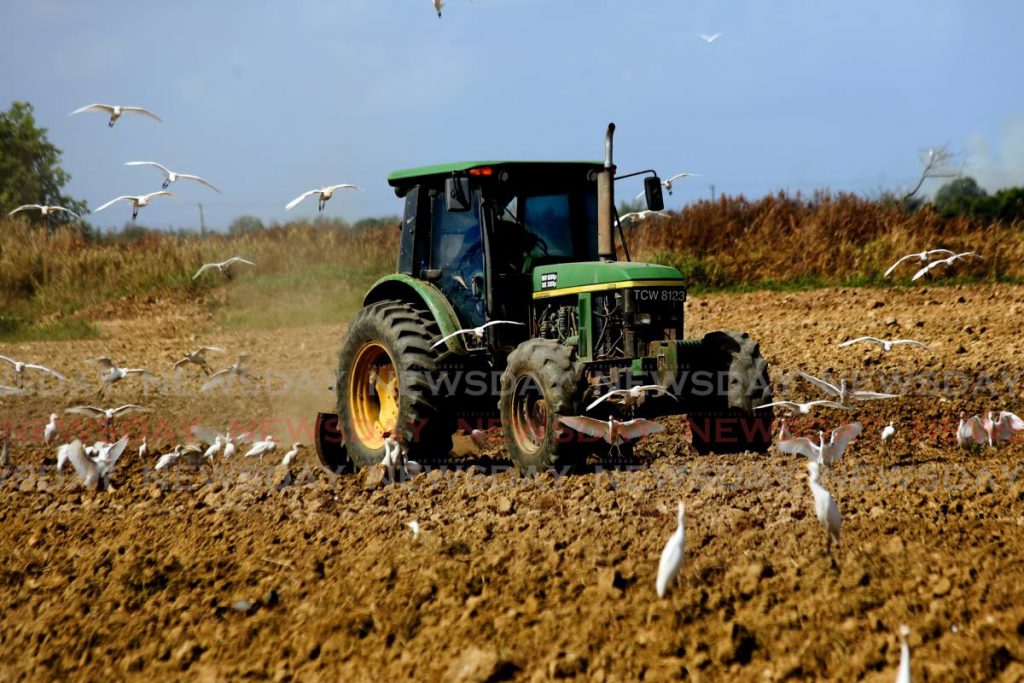
“In both plans, the UNC and the PNM manifestoes, a stark omission for me was what I consider to be a commensurate transformation of the education system to provide the human capital that will help propel these policies forward,” she said. While noting conversations from both parties about biotechnology, boosting tourism and restructuring the energy sector, Attzs observed, “You need a commensurate human capital base.” She said TT’s education system has to be moving in tandem with the direction with those areas the country wants to identify as niche areas or areas to be moving forward.” This was important, she said, in order to achieve the kind of economic growth and development necessary for TT. She was not aware of any significant economic or developmental policies advanced by other parties contesting the election.
WHAT PARTIES PLAN FOR TT
PNM
In its election manifesto, the PNM identified various economic proposals in the diversification section of its manifesto: agriculture; manufacturing; energy and energy industries, sports tourism, local tourism and recreation.
PNM political leader Dr Keith Rowley observed, “The last five years have been very challenging ... Under very difficult economic circumstances, my government has led a strong transformative effort to rebuild our economy and to restore a system of good values and faith in our public institutions.”
While he noted TT now has to grapple with a double shock of an oil and gas price collapse caused by a price war among the world’s largest producers and a global recession caused by the worldwide public health restrictions arising from covid19, Rowley said, “This country has demonstrated time and time again that when it is under pressure, it rallies and overcomes its problems, however insurmountable they may appear.”
Agriculture
In terms of agriculture the PNM said, “Building resilience requires insulating the economy against the impact of shortages and supply chain disruptions by having an adequate food supply.” Having made agriculture a tax-free industry in last year’s budget, the PNM promised to allocate $500 million in fiscal years 2021-2022 to stimulate and incentivise “all aspects of the sector.” Poultry, aquaculture, cocoa, African Hill Rice/Upland Rice, honey and forestry were identified as agricultural sectors for immediate attention.
Manufacturing
The PNM proposed to address bureaucratic bottlenecks in the manufacturing sector. The party identified the implementation of an electronic funds transfer framework “to allow all payments to Government, such as taxes and customs duties, to be made electronically” and the automation of all government services where practicable, as two ways to deal with those bottlenecks.
Energy
With respect to energy, the PNM proposed to increase the threshold for the imposition of supplemental petroleum tax (SPT) for small onshore producers to $75 per barrel for fiscal 2021 and 2021 in the first instance. The PNM said revenue lost by removing SPT is expected to be small and “will be offset by increased drilling activity and greater oil production leading to employment generation and the associated increased taxes paid by contractors and their workers.” It added that a typical onshore development well costs around $40 million and creates up to 200 direct jobs for a month, with a total wage bill of $3.3 million per well. This, the party said, “represents a significant injection of income into the community for each new well drilled.”
The PNM also promised to develop the energy services sector (which comprises 720 firms that employ approximately 40,000 people) and focus on renewable energy initiatives such as promoting the use of hybrid vehicles “through appropriate concessions.”
Diversification
The PNM said covid19 has “shown us that we can no longer afford to put all our eggs on one basket or pay lip service to economic diversification.” The party has identified manufacturing for domestic consumption and export; export of energy services; non-oil industry (aluminium, steel, chemicals), recycling and technology (software, mobile applications, electronic transactions, cyber security, ICT et cetera) as industries to be included in its diversification thrust.
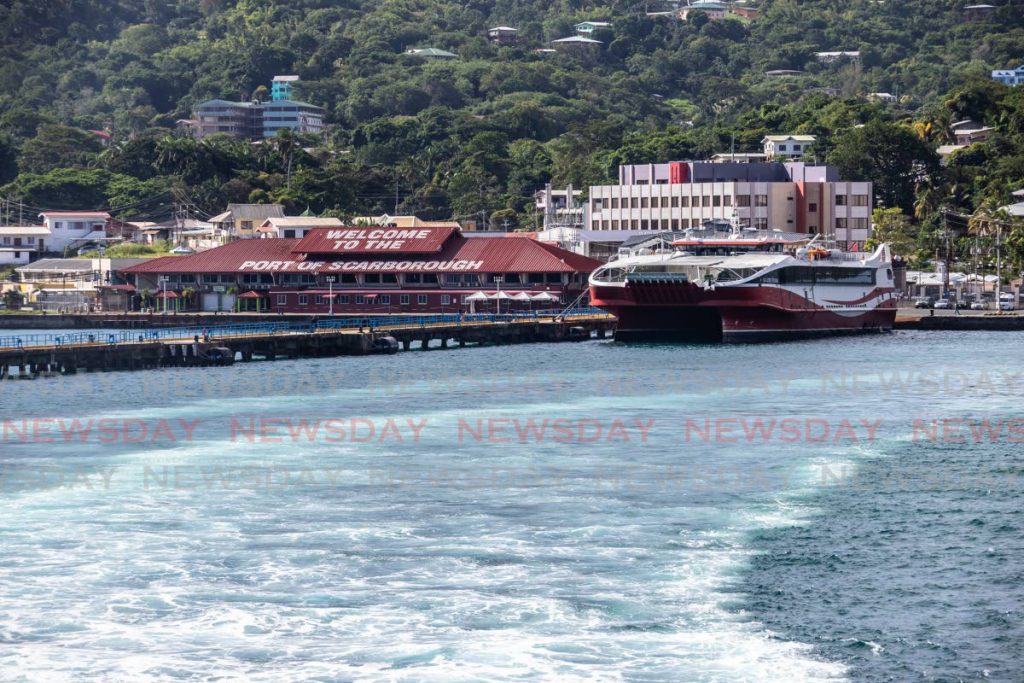
The PNM also identified sports tourism as a potential source of revenue for and promised to develop a sports master plan if re-elected on August 10. Earmarking Tobago as a green tourism destination, promoting a staycation campaign with package deals for Trinidad residents visiting Tobago and promoting a Tobago Homecoming campaign focused on the TT diaspora, were some of the PNM proposals to boost tourism.
UNC
Revenue
The UNC’s election manifesto is taken from party leader Kamla Persad-Bissessar’s October 2019 budget contribution in Parliament. Persad-Bissessar said the plan “lays out a comprehensive suite of policy initiatives and programmes to resurrect the economy.” Through these initiatives, Persad-Bissessar promised to create 50,000 new jobs by 2025. She said the UNC will increase domestic revenues from $4.5 to $7.5 billion per year by improving the efficiency of the tax system through institutional reforms, without a revenue authority. Persad-Bissessar predicted the budget will be balanced by 2025, through these initiatives.
Agriculture
In terms of agriculture, she said 25,000 acres of Caroni lands will be leased to registered farmers and private sector investors to create agricultural parks. A steelpan manufacturing industry in Laventille, a Trini Creative Arts Street in West Port of Spain and a “Carnival in a box” franchise, are some of the UNC’s cultural proposals. Persad-Bissessar said these initiatives could generate US$50 million in foreign exchange for TT and contribute to one per cent of GDP.
Tobago
In Tobago, the UNC proposed to work with the Tobago House of Assembly to establish an international cruise ship complex in Plymouth. PDP leader and Tobago East candidate Watson Duke has promised the same thing. Like the PNM, the UNC also focuses on renewable energy. Its proposals include a solar-tech park in Tamana and to incentivise the purchase of new and used hybrid vehicles.
Technology
In terms of technology, Persad-Bissessar said the UNC will invite private investors to establish a digital innovation park in Sevilla in Central Trinidad. She said this park will attract local and foreign entrepreneurs “to create a cluster of world-class export companies in selected areas of innovation/technology.” The UNC also sees recycling as part of its economic diversification plans. Persad-Bissessar predicted that through initiatives such as industrial recycling parks, there would be 7,000 new jobs created by 2025. The UNC also proposed a national infrastructure development fund which will use cash reserves from the Unit Trust Corporation (UTC) and the National Insurance Board (NIB). To implement its plans. Persad-Bissessar said the UNC will establish an economic strategic council in the Office of the Prime Minister.
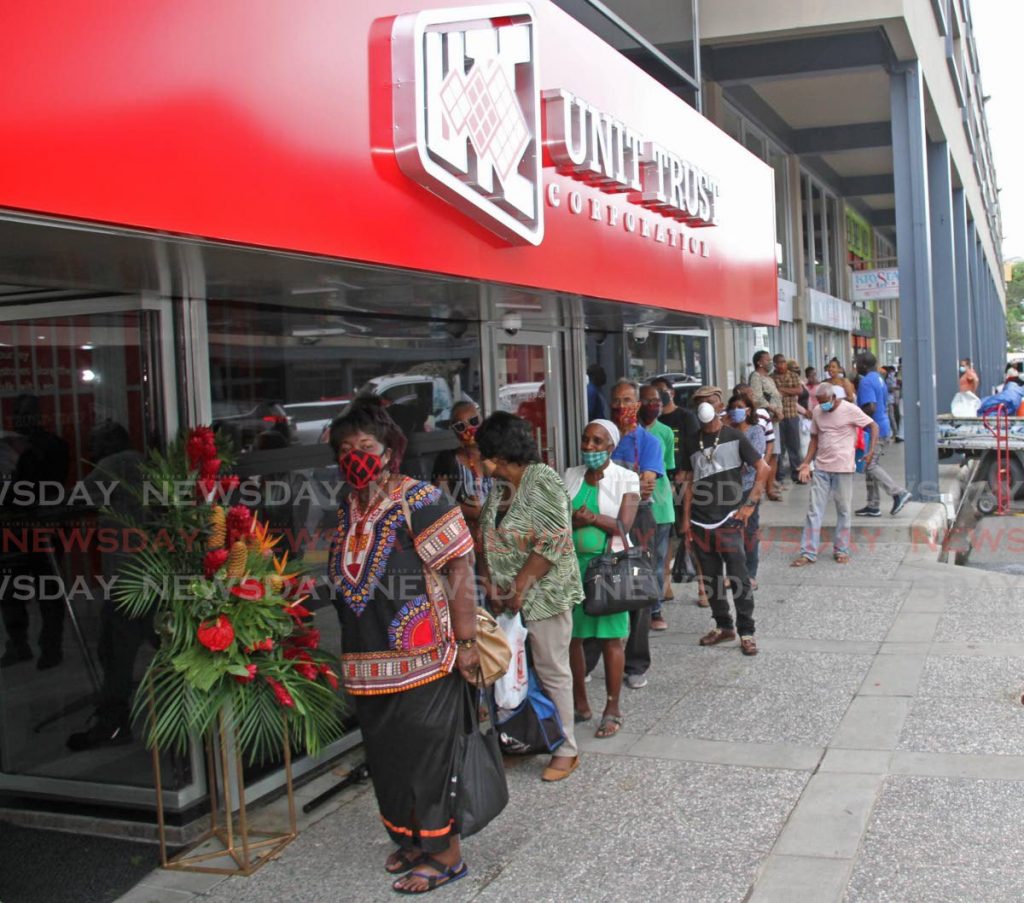
MSJ: Pro-worker
In its election manifesto which was launched on July 30 in Fyzabad, the Movement for Social Justice (MSJ) spoke about creating jobs with decent pay and proper conditions of work, the establishment of a living wage and an end to short term contract employment, among its economic proposals. The MSJ did not say how it planned to achieve these proposals.
PEP: Medical marijuana
The Progressive Empowerment Party (PEP) in its election manifesto, advocated the growing of medicinal marijuana for export, start-up support for small businesses, renewable energy and regulation of the financial sector as some of the economic proposals it would advance if any of its candidates are elected to Parliament on August 10.
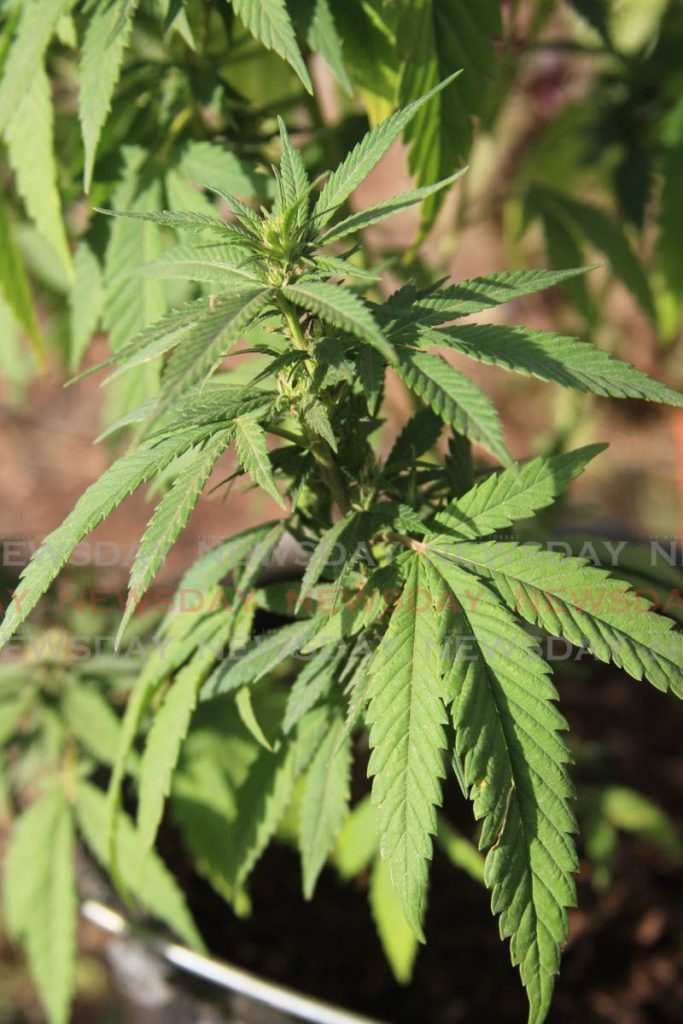
PHOTO BY Jeff K Mayers - Jeff K Mayers


Comments
"How parties plan to drive TT economy forward"